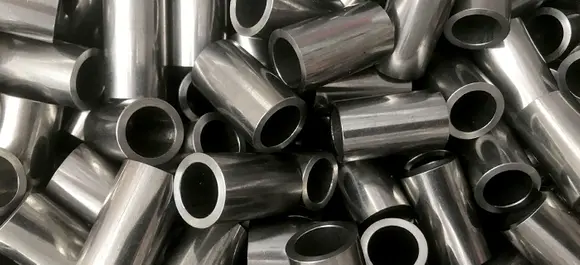Mobile:+86-311-808-126-83
Email:info@ydcastings.com
impeller pump types
Understanding Impeller Pump Types
Impeller pumps, a vital component in various industrial applications, are known for their efficiency and effectiveness in transferring fluids. These pumps utilize rotating impellers to impart kinetic energy to the fluid, converting it into pressure energy. Understanding the different types of impeller pumps can help you select the right one for your specific needs.
1. Centrifugal Pumps
Centrifugal pumps are the most common type of impeller pump. They operate by converting rotational energy, typically from an electric motor or engine, into hydrodynamic energy. The fluid enters the pump impeller axially and is discharged radially. Centrifugal pumps are ideal for low-viscosity fluids and are widely used in water supply, sewage treatment, and chemical processing. Their simplicity and efficiency make them a popular choice in various industries.
2
. Mixed Flow PumpsMixed flow pumps combine the characteristics of centrifugal and axial flow pumps. In mixed flow pumps, the fluid enters axially and exits radially, creating a unique flow pattern. This design allows them to handle both high flow rates and moderate head pressures. They are often used in applications where a balance between flow rate and pressure is needed, such as in irrigation systems and cooling water applications.
3. Axial Flow Pumps
impeller pump types

Axial flow pumps are characterized by their ability to move fluid in a straight line along the axis of the pump shaft. These pumps are highly efficient in generating high flow rates with relatively low pressure increases. They are commonly used in applications like wastewater treatment and drainage systems, where large volumes of fluid need to be moved quickly.
4. Vertical Turbine Pumps
Vertical turbine pumps are a specialized type of centrifugal pump designed for deep well applications. They feature a long shaft with multiple impellers stacked vertically. These pumps are excellent for drawing water from deep underground sources and are often employed in agricultural irrigation and municipal water supply systems. Their design allows for efficient operation in environments where space is limited.
5. Submersible Pumps
Submersible pumps are designed to operate underwater. They are encased in a sealed housing that prevents water from entering the pump's internal components. These pumps are particularly useful in applications such as dewatering construction sites, draining floodwaters, and emptying large tanks. Their submerged design ensures reliable operation even in challenging conditions.
Conclusion
Selecting the right type of impeller pump is crucial for optimizing performance in fluid transfer applications. By understanding the differences among centrifugal, mixed flow, axial flow, vertical turbine, and submersible pumps, you can make informed decisions that meet the demands of your industry or project. Whether you’re dealing with water supply, wastewater management, or industrial processes, the right impeller pump can significantly enhance efficiency and reliability.
-
Understanding Metal Casting TechniquesNewsApr.02,2025
-
Understanding Exhaust Manifolds for Enhanced Engine PerformanceNewsApr.02,2025
-
The World of Metal FabricationNewsApr.02,2025
-
Key Components for Pump and Turbo EfficiencyNewsApr.02,2025
-
Essential Tools for Automotive Maintenance and RepairNewsApr.02,2025
-
Durable Valve Components for Effective Water ManagementNewsApr.02,2025











